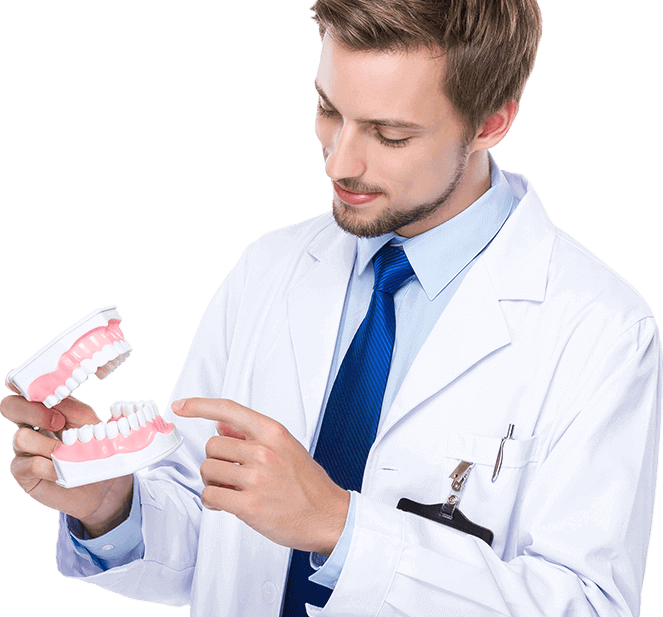
Top 10 reasons of tooth sensitivity you must know
Tooth sensitivity is defined as the sharp and piercing pain that is felt when something too cold comes in contact with the teeth. Tooth sensitivity is an annoying condition from which many people are suffering. Here are the top 10 reasons why teeth sensitivity develops in most people. The list of these reasons is presented below:
1 Brushing too hard
Brushing too much forcefully or using a harder brush is extremely dangerous to the enamel of the teeth. Once the protective covering of your teeth is destroyed, the hollow tubes and canals of teeth that are connected to the dental nerves are exposed to extreme temperatures differences and sticky foods. Thus, severe pain is felt in the teeth cavity.
2 Consumption of acidic foods
If the nerve connections are exposed due to some dental health problems, eating acidic and sour foods such as pickles, kiwi, and citrus fruits such as lemon directly irritates the nerves and cause severe pain called the sensitivity of teeth.
3 Extreme teeth grinding
If someone is involved in the habit of teeth grinding, this action destroys the outer protective layer called enamel of the teeth. Once this layer is destroyed, the middle covering is exposed and the hollow tubes in this layer which are connected to the nerves also get exposed. Thus, once the food touches these outer exposed canals, a piercing pain is felt.
4 Use of teeth whitening formulas
Most people are applying teeth whitening formulas to their teeth these days. Many of these tooth whitening pastes contain ingredients that are damaging to teeth. Once the teeth are damaged, they become sensitive.
5 Overuse of mouthwash
Like the kinds of toothpaste, many types of mouthwash contain injurious chemicals like alcohol. These chemicals expose the dental nerves to the food contents and thus cause sharp pain. To avoid teeth sensitivity because of these chemicals, it is advised to use a neutral mouthwash that contains fluoride.
6 Gum diseases
Any gum disease like gingivitis or swollen gums has the potential to develop teeth sensitivity. These gum diseases provide the passage for the toxins to enter the bloodstream and so irritates the dental nerves. These dental nerves on irritation then cause pain called teeth sensitivity.
7 Developing plaques
Regular brushing and flossing prevent the formation of dental plaques that are formed after the food intake. If the dental hygiene is inadequate to prevent the plaques, there is excessive plaque build-up, which renders the protective covering of the teeth ineffective and thus teeth are exposed causing severe teeth sensitivity.
8 Any dental procedure
Sometimes, teeth sensitivity is an outcome of a pre-formed dental procedure like a root canal, teeth extraction, and crown placement. All of these issues lead to exposure of dental nerves and cause teeth sensitivity. To avoid these problems, it is advised to have a proper follow-up after any dental surgical procedure.
9 Cracked teeth
If someone has a fractured or cracked tooth, the pain of sensitivity is even worse. This problem needs to be cured immediately and the person is asked to consult a dentist either for tooth extraction or tooth capping.
10 Decayed filling edges
The teeth fillings are destroyed or become weak either with the passage of time or when they are not fitted properly. The edges of such fillings are torn away and a passage is created, through which bacteria enter, and make plaques. This condition will lead to acid build-up and enamel breakdown. Once this enamel is broken down, the dentin is exposed and hence the sensitivity pain gets worse and worse.







